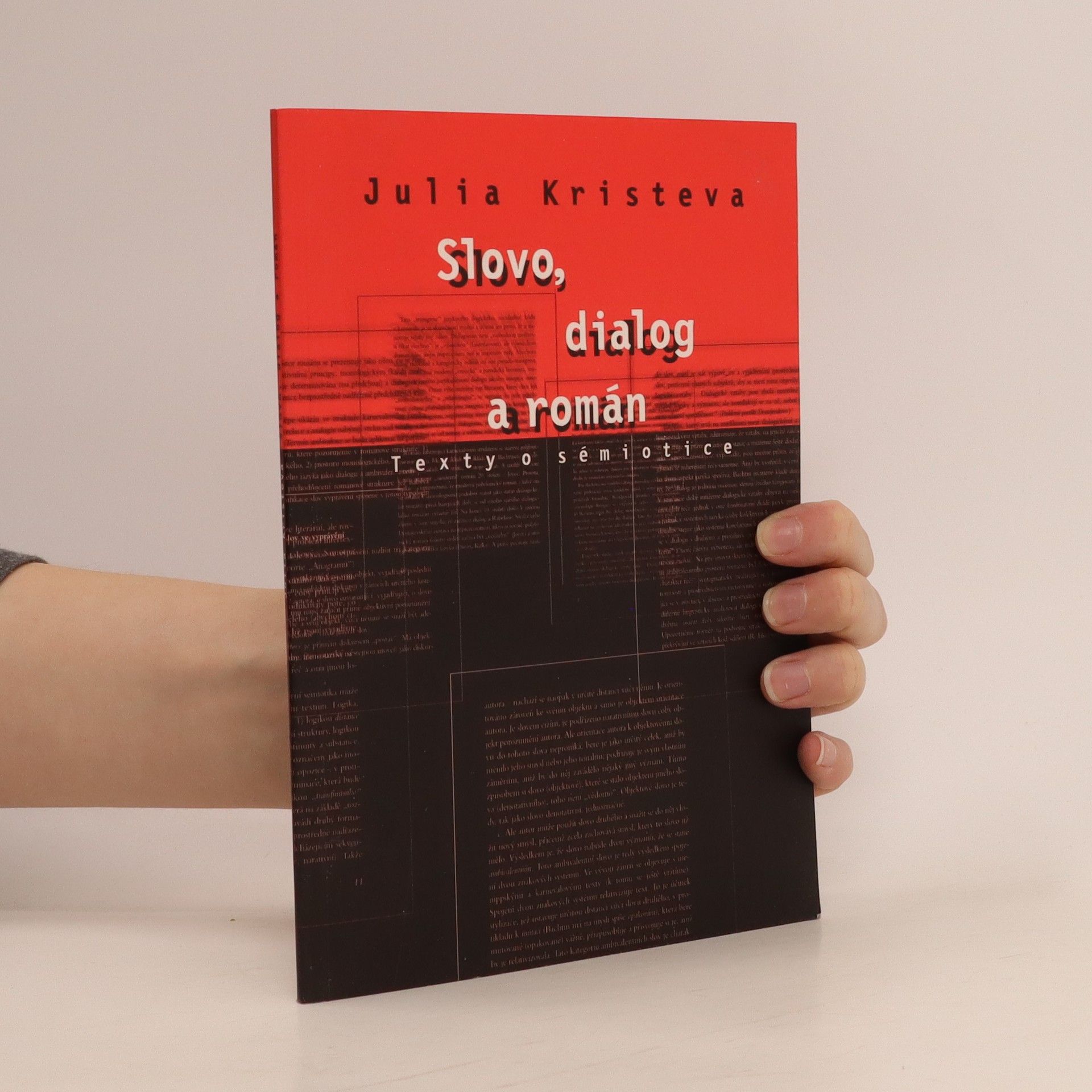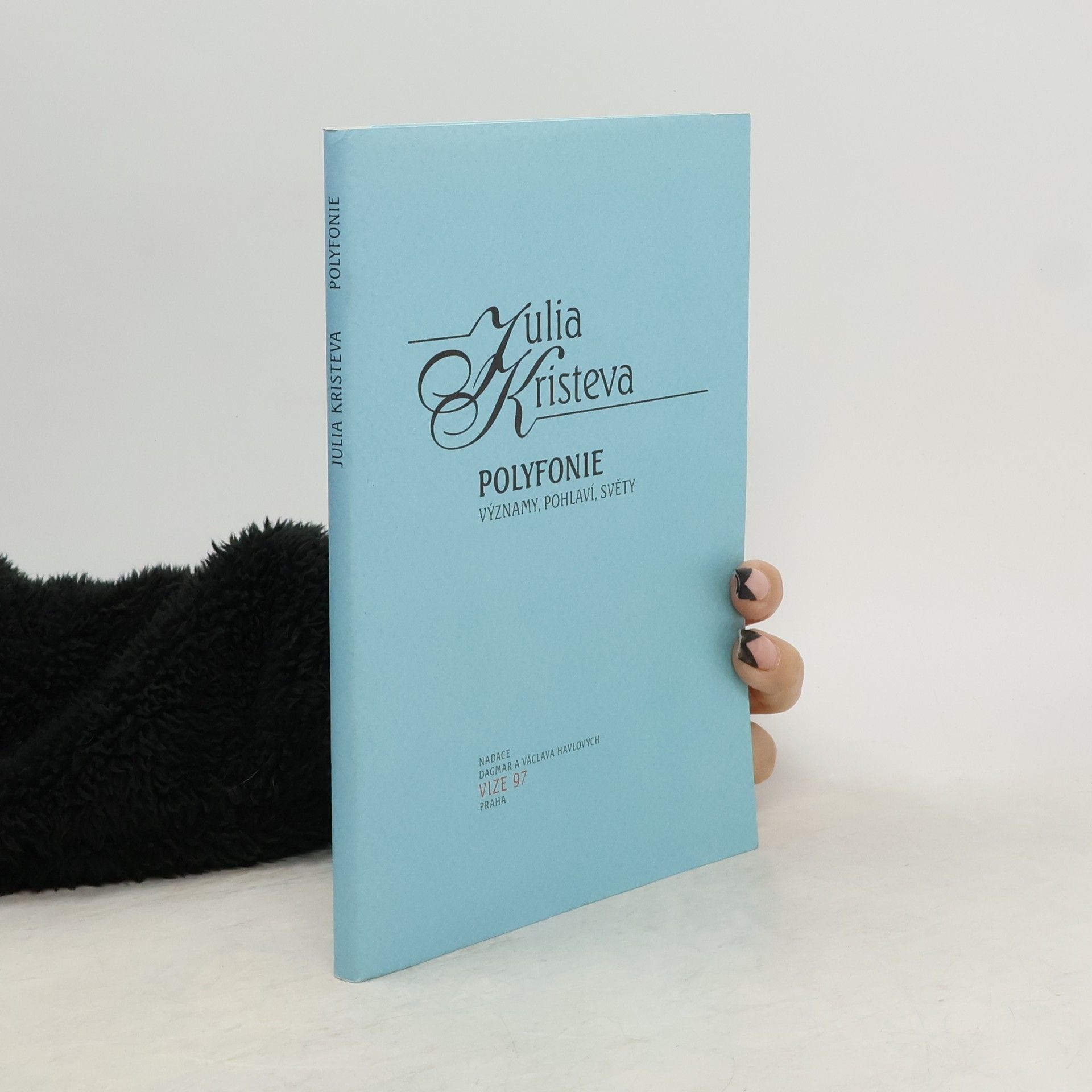Polyfonie: významy, pohlaví, světy
- 138 stránek
- 5 hodin čtení
Uvedený soubor esejů představuje průřez literárním i vědeckým dílem Julie Kristevy, bulharské migrantky ve Francii, kde vyučuje na univerzitě Paris Diderot. Středobodem jejích vědeckých zájmů je literární věda, lingvistika a psychoanalýza. Do termínu intertextovost autorka přetlumočila bachtinovský dialogismus čili polyfonii – tam, kde sděluje nějaký smysl, je slovo prolínáním textů, na jejichž pozadí vystupuje. Slovo je z principu dialogické, protože je to svého druhu kulturní křižovatka (Slovo, dialog a román), opětovně zařazené do tohoto souboru. Další část esejů je věnována psychoanalýze v otázce biologie, řeči, pudu a imaginace, pojmu cizince a univerzality. Následující eseje nahlíží adolescenci jakožto idealitu, speciálně pojetí Romea a Julie. V závěrečných úvahách se Julia Kristeva zabývá otázkou chápání ženské sexuality v díle Hanah Arendtové, Melanie Kleinové a Colette, které pokládá za symptomatické jevy kultury 20. století – spojuje je mnohé, především snaha zachránit život myšlení, protože myšlení, to je život.





